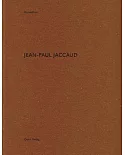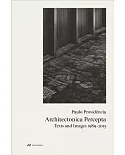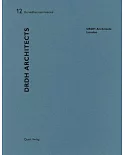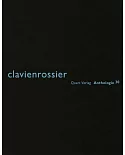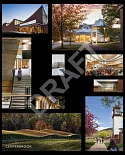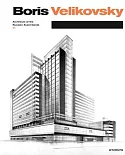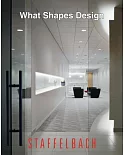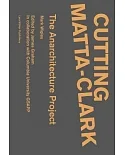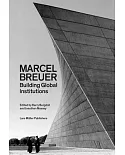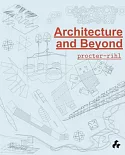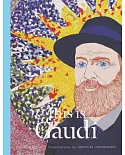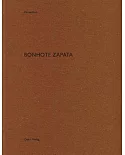Built for the Great Exhibition of 1851, the Crystal Palace originally graced London’s Hyde Park with Joseph Paxton’s remarkable geometric design and groundbreaking use of glass elements,
prefiguring the modern movement in architecture. After the exhibition a group of bankers, railway directors, and men of influence moved the structure to a new site in south London, rebuilt it
to an even grander scale, and set about its promotion as a "palace for the multitude." Here were exhibitions, concerts, and spectaculars to fill a splendid day out for Londoners of all classes
and interests. Filled with plaster casts of great art treasures, life-sized models of dinosaurs, waterworks, and gardens, the Crystal Palace became a center of both education and entertainment
from the Victorian era through its destruction by fire in1936.
Copublished with C. Hurst & Co., London
Wisconsin edition for sale only in North and South America, U.S. territories and dependencies, and the Philippines.


